The foundational resolution adopted in 2013 by the 19th International Conference of Labour Statisticians introduced a forms-of-work framework with five forms of work (own-use production work, employment, unpaid trainee work, volunteer work, and other work activities) and new measures of labour underutilization, greatly increasing the gender relevance and the analytical value of labour statistics. However, the full potential of these new standards is only fulfilled if countries implement them in their data collection activities via robust gender-sensitive methods and communicate effectively the results. This short paper summarizes the rationale and benefits the new standards, highlighting key methodological and operational issues pertaining to their implementation, with an emphasis on the standards’ impact in improving the gender relevance of work statistics. It also briefly discusses the role of effective communication and dissemination in fulfilling the potential of gender-relevant work statistics.







